The quest to uncover how everything began is leading researchers to surprising, mind-bending possibilities.
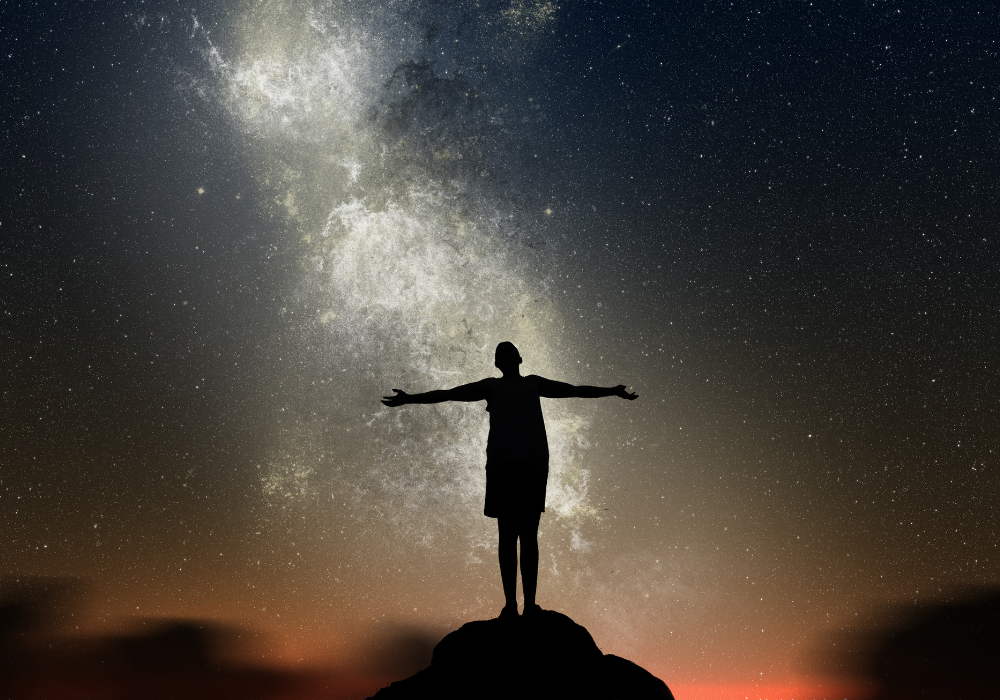
The origin of the universe is one of science’s most profound mysteries, and new discoveries are reshaping the story. For nearly a century, the Big Bang theory has been the leading explanation, describing how everything began 13.8 billion years ago in a sudden expansion of space and time.
But scientists are pushing deeper, asking what happened before—and whether the Big Bang was truly the beginning at all. According to NASA, ongoing studies of the cosmic microwave background and data from powerful observatories may soon provide fresh clues to how the cosmos really started.
1. The Big Bang remains the leading theory

The Big Bang theory is the most widely accepted explanation for how the universe began. According to NASA, it describes a rapid expansion from an incredibly hot, dense state about 13.8 billion years ago.
Rather than an “explosion,” it was space itself stretching and cooling, giving rise to matter, energy, and the cosmic structures we see today. Evidence such as the cosmic microwave background strongly supports this model, making it the foundation of modern cosmology.
2. Cosmic microwave background offers critical evidence
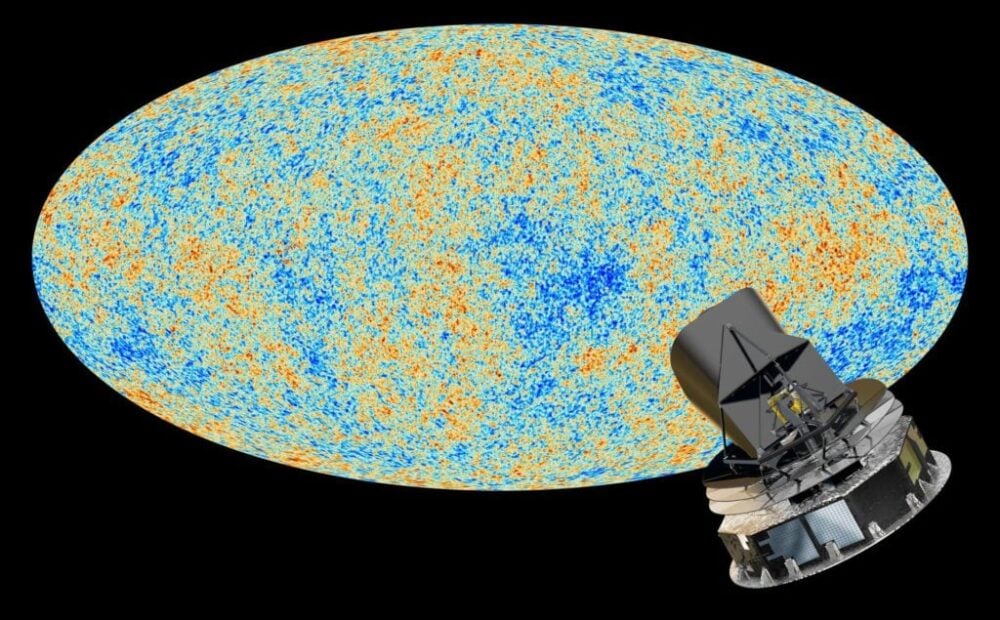
In 1965, scientists discovered faint radiation across the sky known as the cosmic microwave background. This afterglow of the Big Bang is one of the strongest pieces of evidence for the universe’s origin.
It shows us what the cosmos looked like just 380,000 years after expansion began, when atoms first formed and light could travel freely. Studying these patterns helps researchers understand how galaxies and clusters later took shape, connecting the present universe to its fiery beginnings.
3. The universe is still expanding
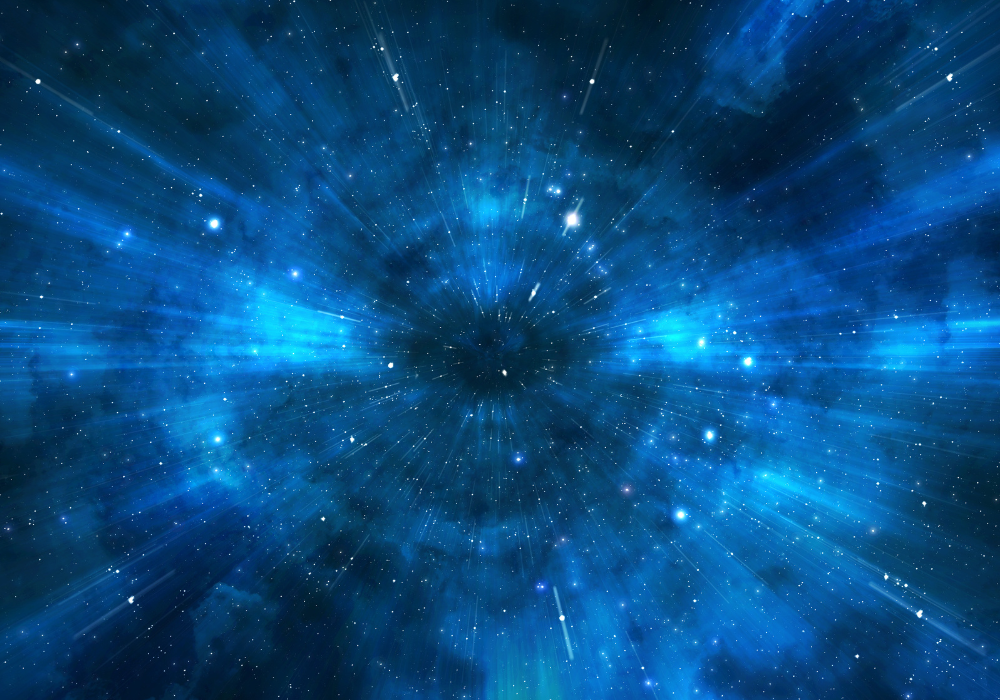
One of the most striking facts is that the universe didn’t stop growing after the Big Bang. In the 1920s, Edwin Hubble discovered galaxies moving away from us, proving that space is expanding.
Today, scientists measure this expansion with precision. The current rate is called the Hubble constant, though its exact value is still debated. The discovery that expansion is not slowing down but accelerating—driven by dark energy—was one of the biggest scientific surprises of the past century.
4. Inflation theory explains early mysteries
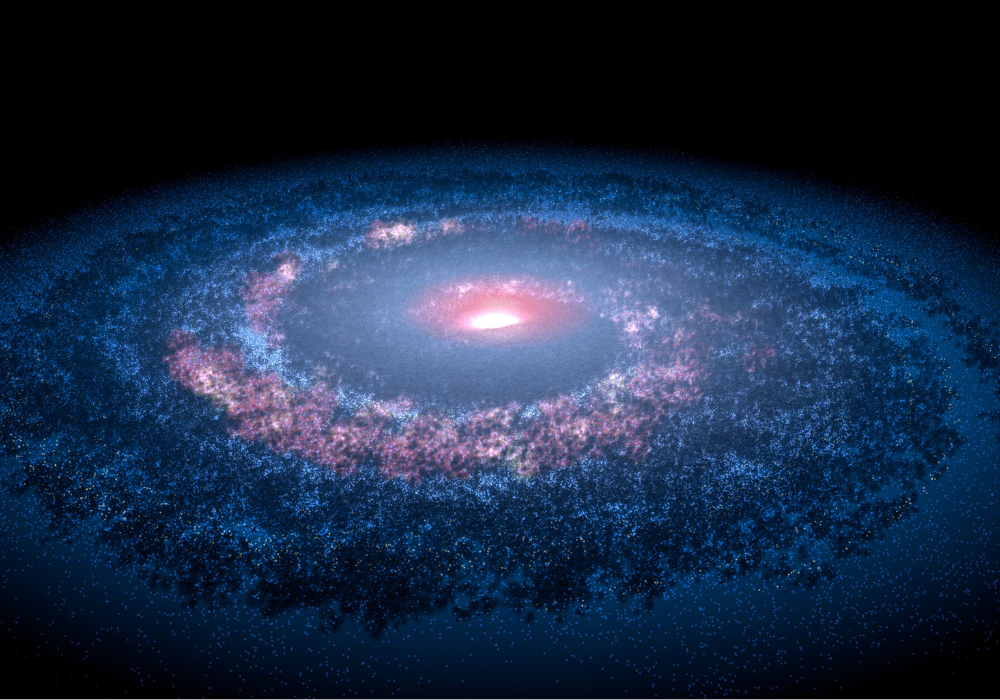
While the Big Bang describes expansion, it doesn’t explain everything. To solve puzzles like why the universe looks uniform in all directions, scientists proposed “inflation.”
This theory suggests the universe underwent a burst of faster-than-light expansion in the first tiny fraction of a second. Inflation would explain why space is so smooth and flat overall, while also seeding the tiny variations that later grew into galaxies. Though still a theory, it matches many observations from satellites like WMAP and Planck.
5. Dark matter shaped the early universe
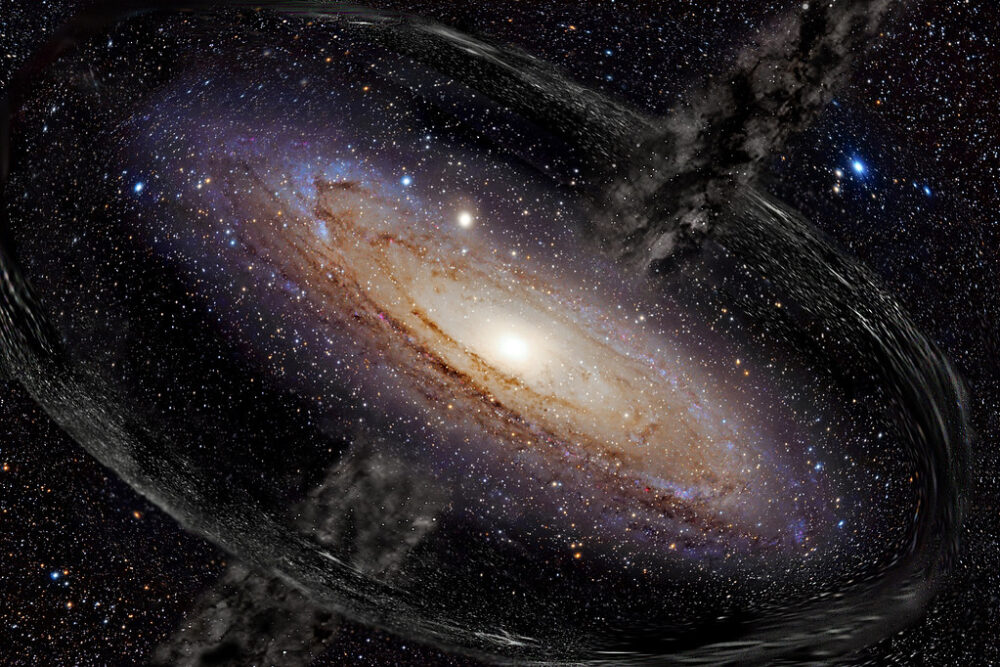
Ordinary matter makes up only about five percent of the cosmos. The rest includes dark matter, an invisible substance that doesn’t emit light but exerts gravity.
From the universe’s earliest days, dark matter played a crucial role in pulling matter together to form galaxies. Without it, the structures we see today might never have formed. Though its true nature is still unknown, multiple lines of evidence—from galaxy rotation to gravitational lensing—show dark matter has been a key player since the beginning.
6. Dark energy is driving today’s acceleration
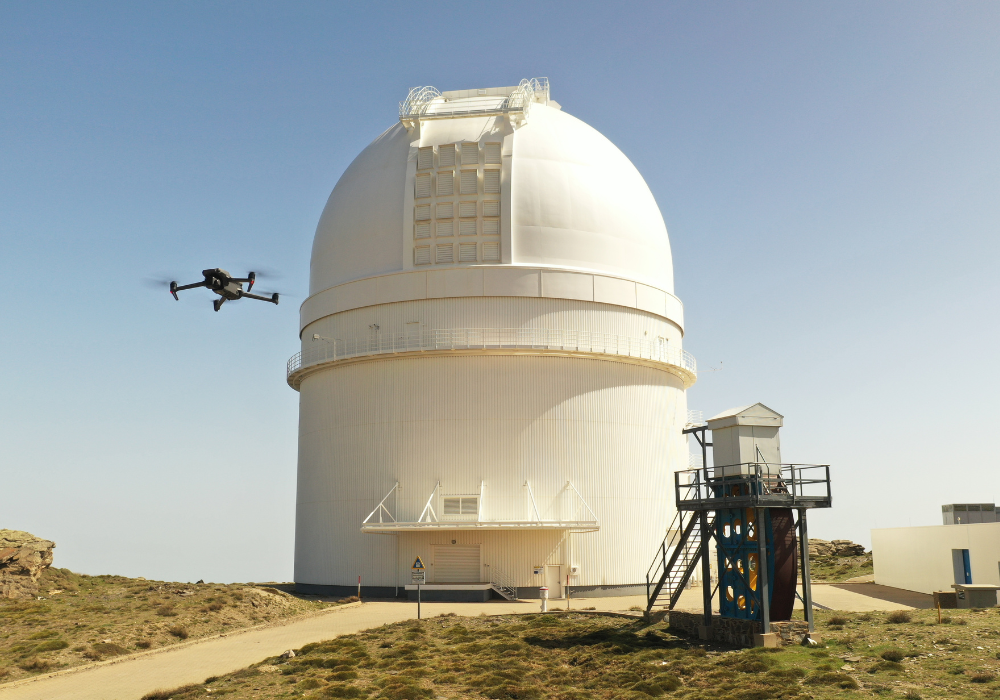
In 1998, astronomers studying distant supernovae discovered that the universe’s expansion is speeding up, not slowing down. The mysterious force responsible is called dark energy.
Dark energy makes up about 70 percent of the universe and dominates its fate. While its exact nature is unknown, it shows that the cosmos is not just expanding from its beginning—it’s accelerating toward an uncertain future. This discovery reshaped cosmology, proving that the universe’s story is far more complex than once thought.
7. Quantum physics raises questions about the start

The Big Bang theory explains what happened after expansion began, but not what triggered it. To understand the very beginning, scientists turn to quantum physics.
At incredibly small scales, normal physics breaks down. Some theories suggest quantum fluctuations could have sparked the Big Bang, creating space and time itself. This remains one of the deepest mysteries in science—how the rules of quantum mechanics and gravity come together to explain the universe’s first instant.
8. Alternate theories challenge the Big Bang
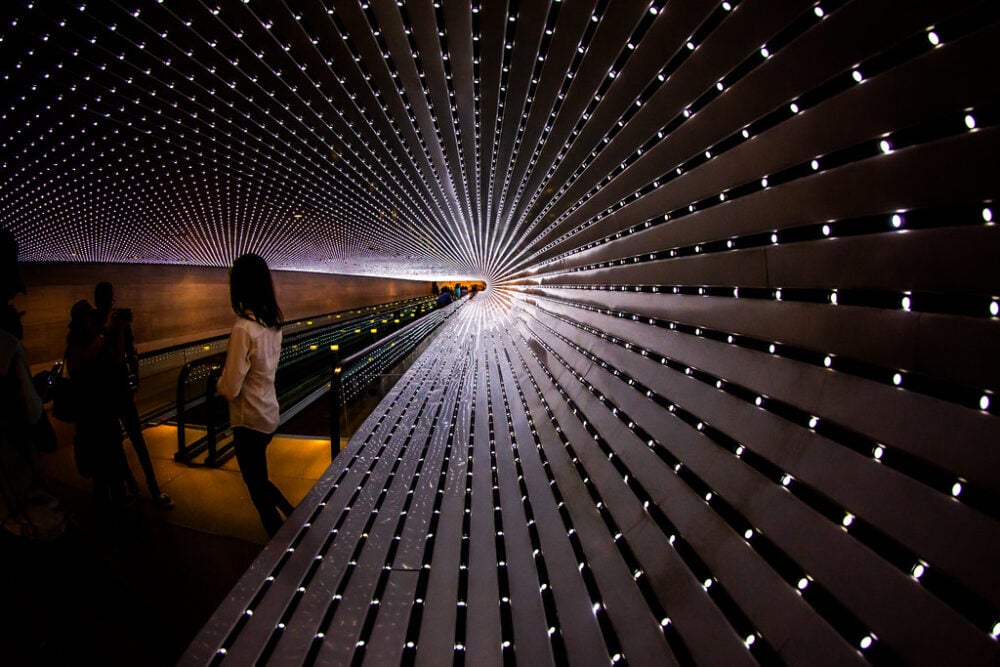
Not all scientists agree the Big Bang was the absolute beginning. Some propose “cyclic models,” where the universe expands and contracts repeatedly. Others suggest we live in a multiverse, with our Big Bang being just one of many.
While these ideas are speculative, they highlight the limits of current knowledge. Until more evidence emerges, the Big Bang remains the best-supported model, but cosmology continues to explore bold new possibilities.
9. Observatories are peering back in time

Telescopes like the James Webb Space Telescope are allowing scientists to study galaxies from just a few hundred million years after the Big Bang. By looking farther into space, astronomers look farther into the past.
These observations test theories about how the first stars and galaxies formed. Already, Webb has found surprisingly large, mature galaxies at earlier times than expected, challenging models and pushing researchers to refine their understanding of cosmic history.
10. The mystery is far from solved
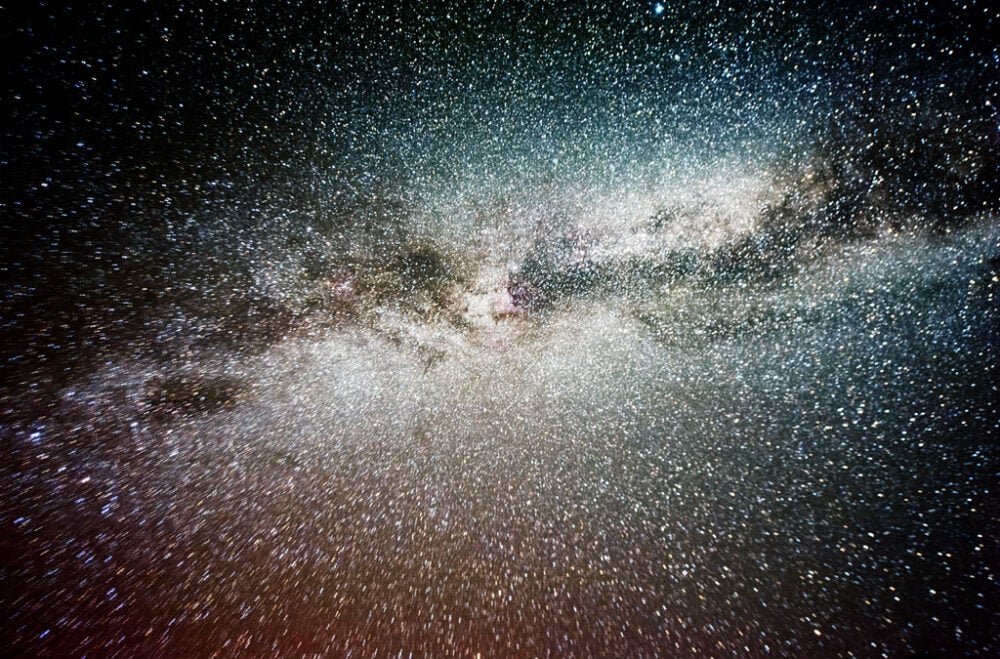
Despite decades of breakthroughs, the question of how the universe truly began remains open. Scientists have evidence for what happened moments after the Big Bang, but the “first cause” is still elusive.
What sparked expansion? Was it a quantum fluctuation, a multiverse collision, or something we cannot yet imagine? These are questions cosmology is still chasing. For now, the universe’s origin remains the biggest mystery of all—one that continues to inspire science, philosophy, and wonder.